HOME HEALTH AIDE
OBJECTIVE
The Home Health Aide program has been designed to provide students with the basic skills and knowledge necessary to work in various related areas of Home Health, including nursing homes, hospitals, in-patient clinics, and as a personal caretaker. Graduates will be qualified for an entry level position as a Home Health Aide.
Health aides perform various tasks related to personal hygiene and direct care with geriatric patients, those with chronic illnesses, or others in need.
PROGRAM DESCRIPTION
The HHA program is a four-week program that covers a wide range of topics as well as practices necessary to fulfill the obligations of an HHA. The program provides In-Service education required by all HHAs that meet the required In-Service hours proposed by AHCA. HIV/AIDS Seminar and CPR Training is provided within the program.
Our program is designed to train you in all the necessary practices and procedures, as well as proper recognition of laws and regulations, to exercise as a competent healthcare professional. Job assistance is provided to all graduates.
GRADUATION REQUIREMENTS
A student is eligible for graduation upon fulfillment of the following requirements:
Successful completion of all require course assignments.
Maintaining a minimum overall GPA of 2.0.
Fulfillment of all obligations to the school.
Our program is designed to train you in all the necessary practices and procedures, as well as proper recognition of laws and regulations, to exercise as a competent healthcare professional. Job assistance is provided to all graduates.
Program Costs
Tuition
$400
Registration & Photo ID Fees
$50
Books & Supplies
$50
Total Program Costs
$500
CERTIFICATION
Certification is not a requirement for graduation.
PROGRAM LENGTH
- Total Clock Hours: 75
- Total Clock Hours: 75 Weeks: 3
HHA COURSES
This course introduces the student to the home health services including the HHA’s role and the agency structure. This course teaches patient care skills specific to the Home Health Aide including, but not limited to, personal care procedures, basic nursing skills, procedures for providing care for geriatric patients, guidelines for assistance with self-administered medications, guidelines for special clients with special needs, such as Alzheimer’s disease, and home management and nutrition, including safe food preparation
